Once upon a time a nice family went to the local animal shelter, fell in love with a new furry friend and brought him home to live happily ever after. Unfortunately, because of breed-specific legislation (BSL), that happy ending is sometimes the beginning of a whole new struggle for pit-bull-type dogs and their people.
Currently enacted in several hundred cities across the United States, BSL refers to laws that ban or otherwise restrict certain dogs based purely on physical characteristics, rather than individual histories or behaviors. Put simply, it’s dog discrimination. The laws most often target pit-bull-type dogs, along with Rottweilers, Mastiffs, Dalmatians, Chow Chows, German Shepherds and Doberman Pinschers. The laws can apply to any mix of these breeds—or dogs who just happen to look like them.
Proponents of these laws claim they can help decrease dog attacks, but there’s no evidence that the bans and restrictions work. Aside from the obvious cruelty to the targeted breeds (and the people forced to give up their beloved family dogs), these laws are expensive to enact and tough to enforce. It’s extremely difficult to identify dog breeds, and scientific studies have shown that breed doesn’t predict behavior. Any dog can act aggressively, and dog-bite data doesn’t support the idea that certain breeds are inherently dangerous.
It’s possible to keep our communities safe from truly dangerous dogs and protect our pets from discriminatory laws at the same time—and you can help. Public education regarding responsible pet care goes a long way. Dogs that are spayed/neutered, socialized and trained are less likely to be aggressive, and have more opportunities to learn appropriate behavior. Educating yourself and others about canine body language can also help stop aggression before it starts. At a legislative level, if BSL is already in place where you live, contact your elected representatives to express your opinion. You can also advocate for laws that identify and regulate dangerous dogs (or their irresponsible guardians) based on behavior, rather than breed. Most importantly, speak out against the stereotypes faced by pit-bull-type dogs. That’s the easiest and most effective way to fight the stigma that fuels fear-based laws.
Read more about BSL:
National Canine Research Council

